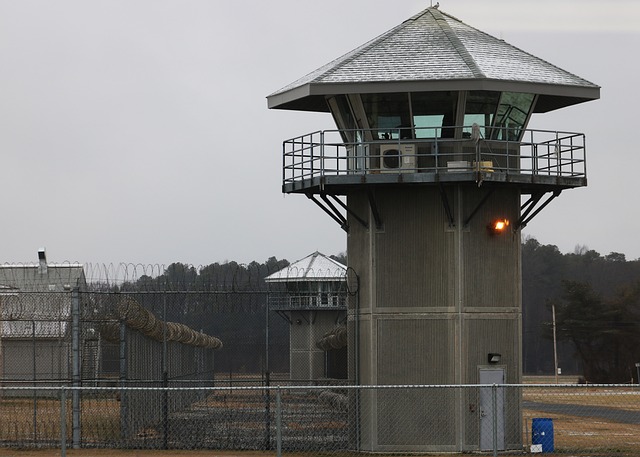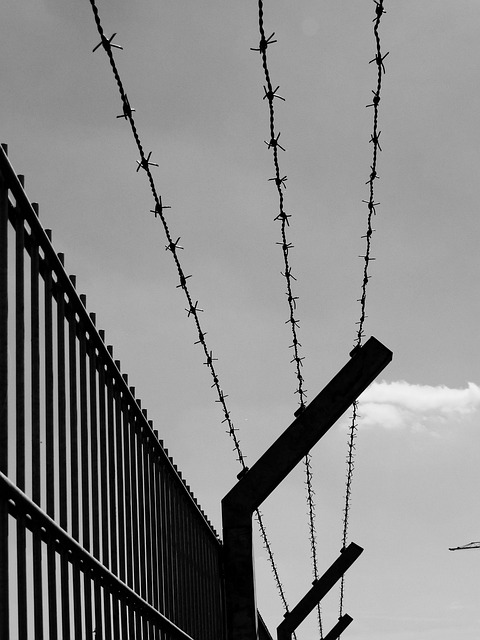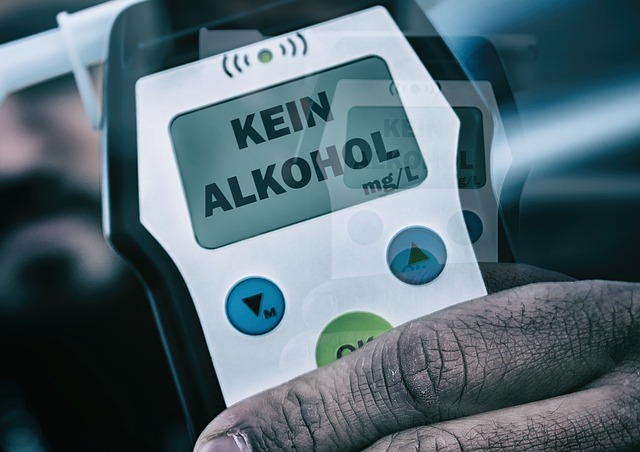The global ride-sharing industry faces significant challenges in driver accountability due to varying local laws, cultural differences, and rapid sector growth. Foreign National Employee DUI Defense is a critical issue, requiring robust systems for monitoring driver conduct, providing training, and managing legal issues across borders. Ride-sharing companies must navigate complex international legal landscapes, implement stringent hiring processes, regular training, zero-tolerance policies, and clear protocols for handling DUI incidents involving foreign drivers. Future safety improvements balance advanced technology with human oversight, while evolving legal protections like Foreign National Employee DUI Defense policies enhance trust in the industry.
In the rapidly expanding global ride-sharing industry, ensuring driver accountability is a complex challenge. This article delves into crucial aspects of ride-sharing driver accountability from a global perspective. We explore foreign national employee rights and DUI laws, highlighting the unique challenges in holding drivers accountable across borders. Additionally, we provide strategies for effective DUI defense for ride-sharing companies and discuss the future of ride-sharing safety and legal protections, emphasizing the importance of global cooperation and innovative solutions.
- Understanding Ride-Sharing Driver Accountability: A Global Perspective
- Foreign National Employee Rights and DUI Laws
- Challenges in Holding Drivers Accountable Across Borders
- Strategies for Effective DUI Defense for Ride-Sharing Companies
- The Future of Ride-Sharing Safety and Legal Protections
Understanding Ride-Sharing Driver Accountability: A Global Perspective

In the global landscape of ride-sharing services, ensuring accountability among drivers is a complex yet essential aspect. When we talk about driver accountability, it often involves addressing issues like safety, insurance coverage, and legal compliance, especially when dealing with Foreign National Employee DUI Defense cases. The complexity arises due to varying local laws, cultural differences, and the fast-paced nature of this industry. For instance, what constitutes acceptable behavior in one country might be different in another, adding layers to the challenge of maintaining standards.
Global perspectives on ride-sharing driver accountability must consider these nuances. Companies operating internationally need robust systems to monitor driver conduct, ensure proper training, and quickly address any misconduct or legal issues. This includes being prepared for rare but serious events like DUI cases involving foreign employees, who might face unique challenges navigating unfamiliar legal frameworks. Effective strategies involve local partnerships, real-time data tracking, and proactive communication to foster a culture of responsibility and compliance across borders.
Foreign National Employee Rights and DUI Laws

Ride-sharing companies employing foreign national drivers must be vigilant about navigating complex legal landscapes, especially regarding employee rights and DUI (Driving Under the Influence) laws. These drivers, often facing unique challenges and cultural barriers, require robust support systems to understand their rights and defend against potential DUI charges.
Foreign nationals working in ride-sharing may have distinct employment protections under various international labor laws. They are entitled to fair treatment, reasonable working conditions, and legal defenses when facing criminal accusations. In the context of DUI, a foreign national driver’s defense strategy should consider both local and international laws. This includes understanding jurisdiction-specific DUI thresholds, penalties, and potential diplomatic immunity or consular assistance options available to them.
Challenges in Holding Drivers Accountable Across Borders

The challenge of holding ride-sharing drivers accountable across borders is a complex web, especially with the global nature of these services. When an incident occurs involving a driver from one country operating in another, establishing jurisdiction and applying consistent accountability measures becomes a significant hurdle. This is further complicated by varying legal frameworks and regulations between nations, making it difficult to enforce uniform standards. For instance, a Foreign National Employee operating a ride-sharing service might face different consequences for a DUI (Driving Under the Influence) offense in Country A compared to Country B due to differing criminal codes and penalties.
Moreover, cultural differences and language barriers can hinder effective communication and coordination among authorities across borders. These challenges necessitate robust international cooperation and harmonization of legal processes to ensure consistent accountability. This is where innovative solutions, such as standardized global protocols for incident reporting and dispute resolution, could play a pivotal role in enhancing driver responsibility and passenger safety on an international scale, while also addressing potential issues related to Foreign National Employee DUI Defense.
Strategies for Effective DUI Defense for Ride-Sharing Companies

Ride-sharing companies face unique challenges when it comes to DUI (Driving Under the Influence) defense, especially in cases involving foreign national employees. A robust strategy is essential to mitigate risks and protect the interests of the company. One key approach is to implement stringent hiring and screening processes, including thorough background checks, to ensure that only trustworthy individuals are hired as drivers. Regular training sessions on alcohol awareness and zero-tolerance policies can further reinforce responsible behavior.
Additionally, ride-sharing companies should establish clear protocols for handling DUI incidents. This includes immediate suspension of the driver’s account upon confirmation of an arrest, cooperation with legal authorities, and provision of legal support to aid in Foreign National Employee DUI Defense. Efficient communication between company representatives and drivers is crucial during this process to ensure accountability and adherence to legal requirements.
The Future of Ride-Sharing Safety and Legal Protections

The future of ride-sharing safety lies in a delicate balance between technology and human oversight. As the industry evolves, advanced driver assistance systems (ADAS) and autonomous vehicles will play a significant role in enhancing passenger security. These innovations promise to reduce human error, a leading cause of accidents involving ride-sharing services. However, as we integrate these new technologies, ensuring their reliability and addressing potential cybersecurity risks will be paramount.
Legal protections for ride-sharing drivers are also evolving to accommodate the unique challenges they face. For instance, policies regarding Foreign National Employee DUI Defense highlight the need to provide fair legal representation and protection for drivers from different jurisdictions. As regulatory bodies adapt to this dynamic sector, clear guidelines and robust safety measures will foster public trust and ensure the longevity of ride-sharing as a safe and reliable transportation option.
In conclusion, ensuring accountability among ride-sharing drivers, especially regarding Foreign National Employee DUI Defense, is a complex yet critical global issue. The challenges of cross-border accountability and varying legal landscapes necessitate innovative strategies for effective DUI defense for ride-sharing companies. By adopting comprehensive safety measures and staying informed about local laws, these companies can protect themselves and their drivers while fostering a safer and more responsible ride-sharing environment. This includes recognizing the unique rights and considerations for foreign national employees, ensuring fair treatment, and providing robust legal protections to mitigate risks and maintain public trust. The future of ride-sharing safety lies in navigating these complexities, enhancing global cooperation, and upholding the highest standards of driver accountability.






